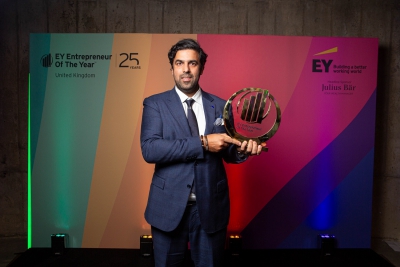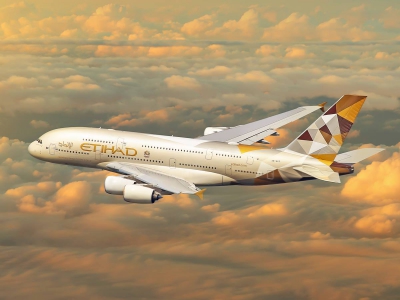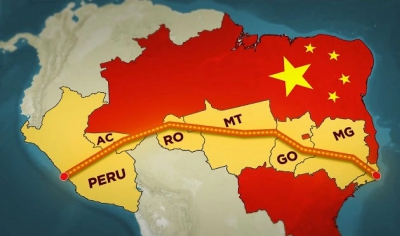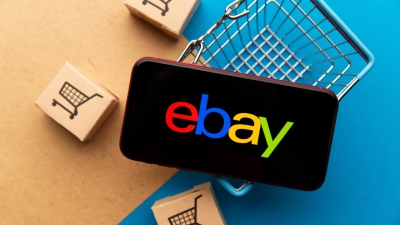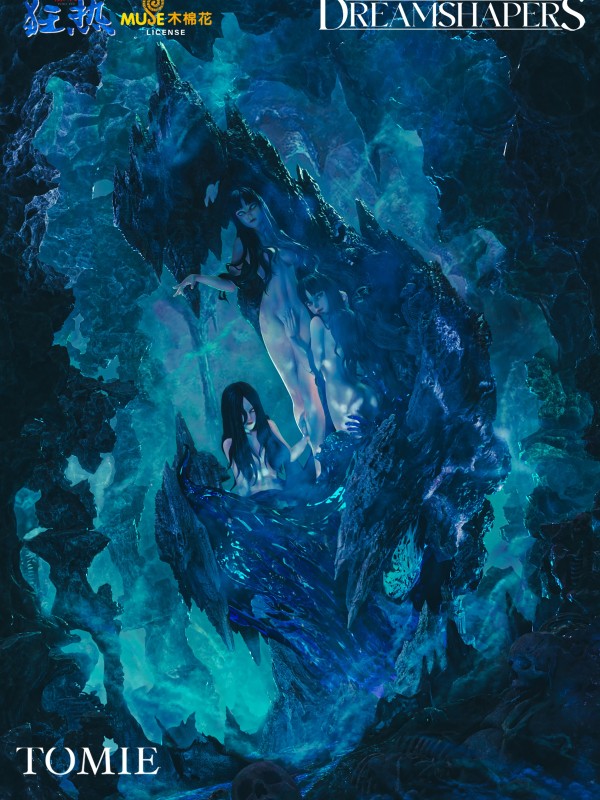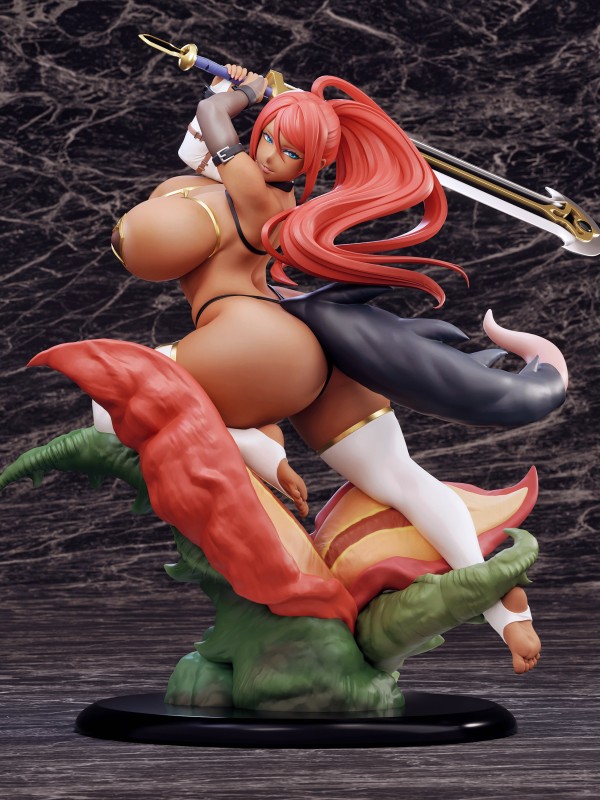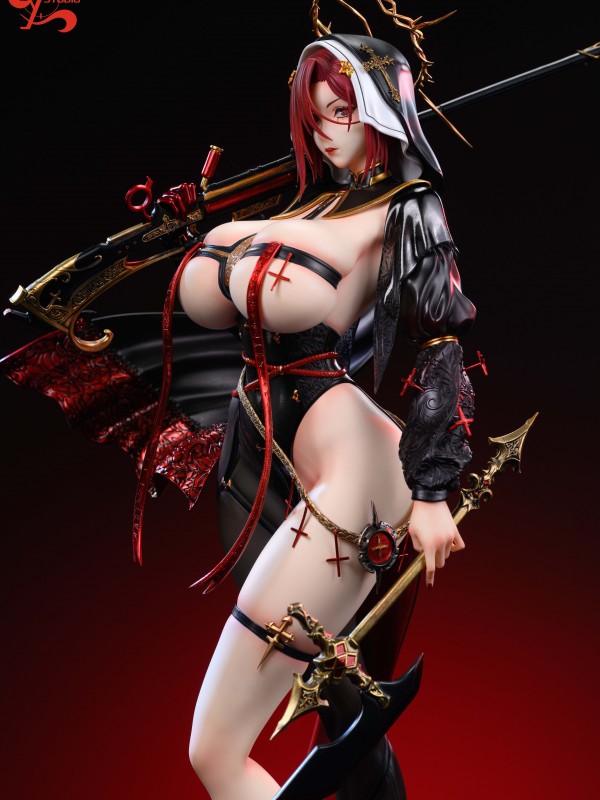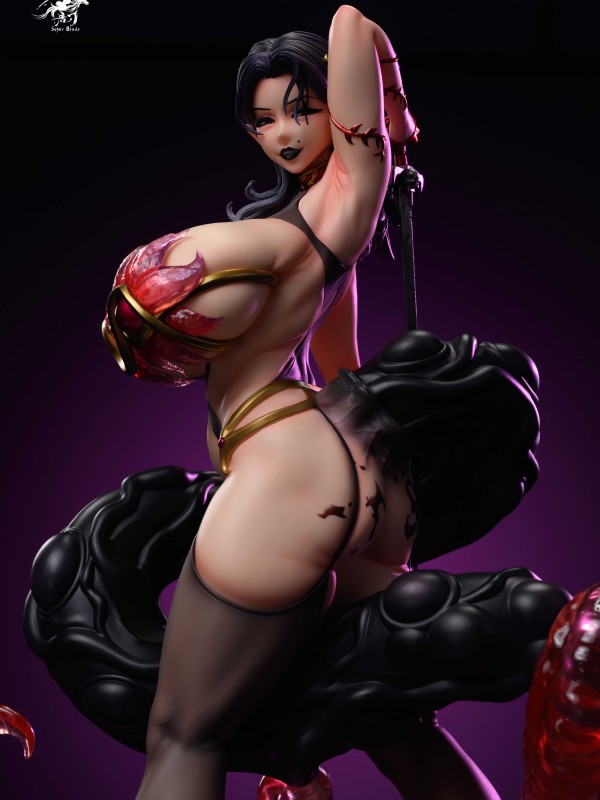
French luxury goods group Kering SA will be kicked out of the European blue-chip Euro Stoxx 50 index.
Stoxx Ltd., the company that compiles the index, will kick Kering out of the blue-chip index on June 20th after a quarterly review to reflect the plummeting share price of its French company over the past two years.
The company's stock price fell another 1% in early trading on Tuesday, corresponding to a market value of approximately 21 billion euros. It was closely chased by Coach parent company Tapestry Inc., Prada Group, and Ralph Lauren Corp. The current market value of the three companies is around US$16 billion.
The scale of Kering's Gucci brand alone is currently higher than that of the three companies, reflecting the market's pessimism about Kering Group's profitability, especially since Gucci has almost no hope of recovering growth in the short term.
Kering's frustration has been reflected in almost every aspect in the past two years, and is a microcosm of the collapse of business models in the luxury goods industry since the epidemic.
The company's current debt problem has also worried the market. Investors are worried that the company's profits will continue to decline and it will be unable to afford its maturing debts. Once financing is blocked, the group will have no choice but to sell off its core assets.
In extreme cases, if Artemis, controlled by the Francois-Henri Pinault family, the group's major shareholder, encounters the same situation, bankruptcy and reorganization may be a result that the market is not willing to see.
In fact, Kering Group has been actively selling assets since the second half of last year. Last week, the company also announced the issuance of a 750 million euro bond with a term of 4.5 years and an interest rate of 3.125%.
Kering Group has been selling properties in the past six months to raise funds.
In January this year, Kering packed up three properties in Paris and sold 40% of its shares to French asset management company Ardian for 837 million euros.
At the end of March, it was rumored that the French group planned to sell part of its shares in the core assets of Via Monte Napoleone in Milan to the Qatar Investment Authority.
The above-mentioned properties are all targets of acquisition by Kering Group within two years.
Kering, together with LVMH SE, Chanel SA and Prada Group, have vigorously competed for retail properties in core business districts in Europe over the past two years. They mainly benefited from the YOLO craze of European and American consumers and the crazy stock market during the epidemic. Despite the crazy price increases in the luxury goods industry, they failed to extinguish consumer enthusiasm.
However, since the second half of 2023, China's luxury goods industry was the first to fall into recession. Due to the impact of inflation and tariffs on the dynamics of the U.S. market, consumer confidence in the United States has deteriorated sharply since the beginning of this year.
Among the four giants, Gucci and Chanel both fell into recession in the US market last year. The current trend continues, and the Chinese market has plummeted.
Among them, Gucci's first quarter sales plummeted 25% and has been removed from the top luxury brands because under the current situation, it will be difficult for it to reach the 10 billion milestone in a short time.
Kering's financial situation is also the most fragile among the four companies.
By the end of 2024, Kering's net debt surged by 24%, rocketing from €8.504 billion in 2023 to €10.517 billion. In contrast, its operating free cash flow dropped from €1.983 billion to €1.432 billion, compared with a high of €3.208 billion in 2022.
The acquisitions of Creed and Valentino by Kering over the past two years are also considered as acts of desperation. Although there is logic behind self-operating high-end beauty businesses, the high-end beauty market has almost declined in tandem with the luxury goods industry.
Kering's acquisition of Valentino's subscription rights is not expected to be completed next year, and it may even sell its 30% stake in the Italian company at a discount.
If Gucci continues to struggle within two years, the sale of marginal brands such as McQueen will also be put on the agenda.





